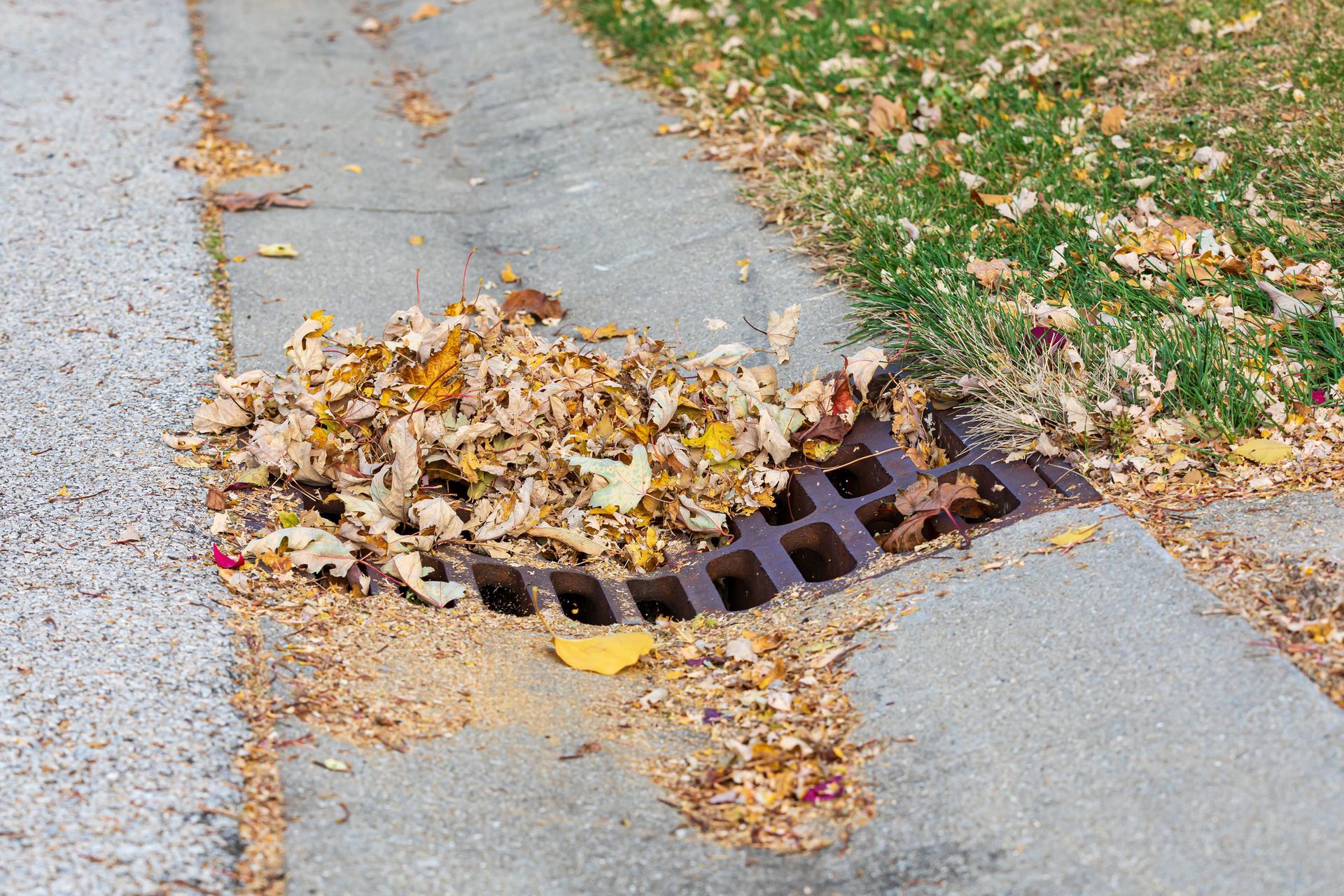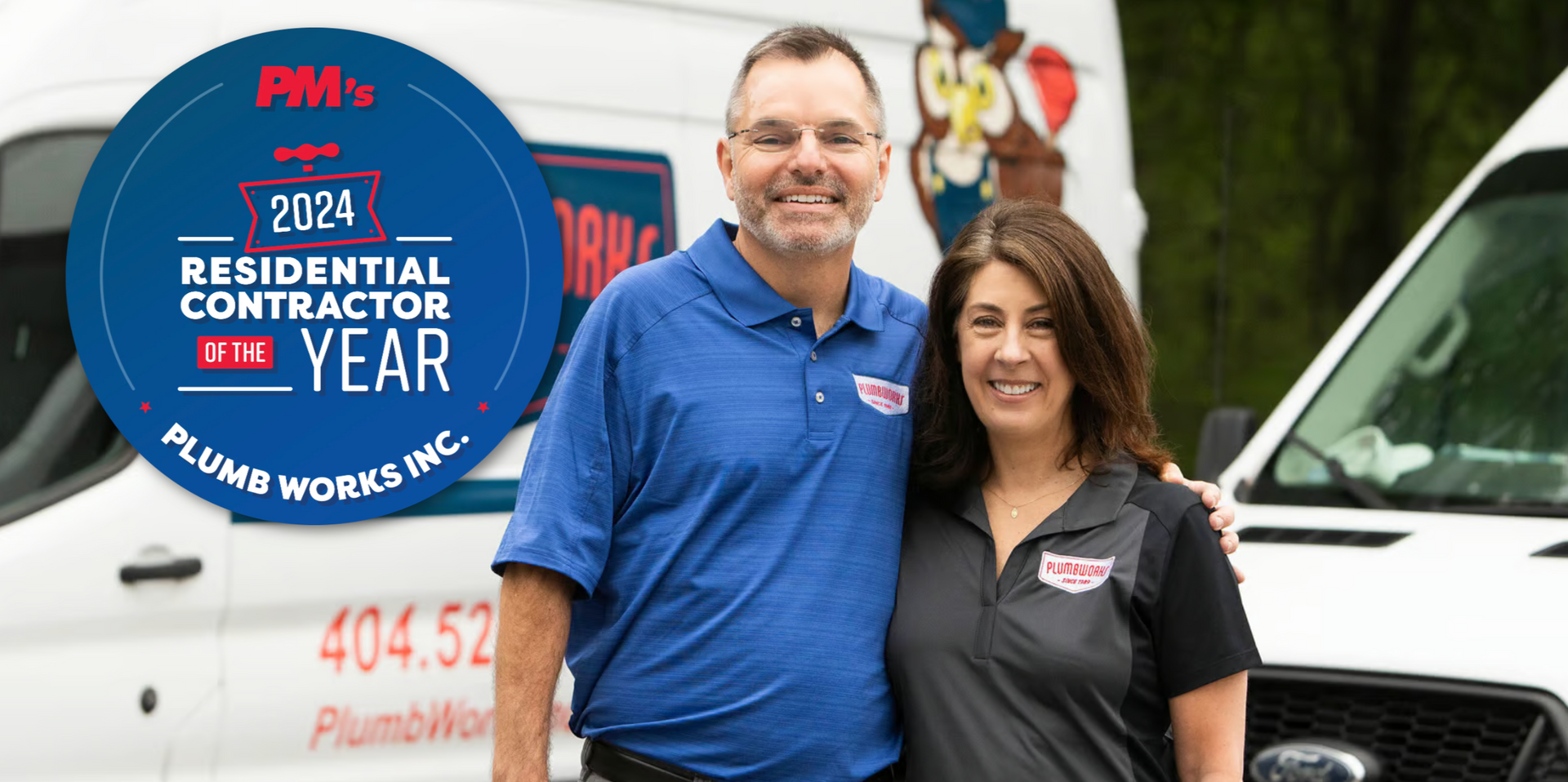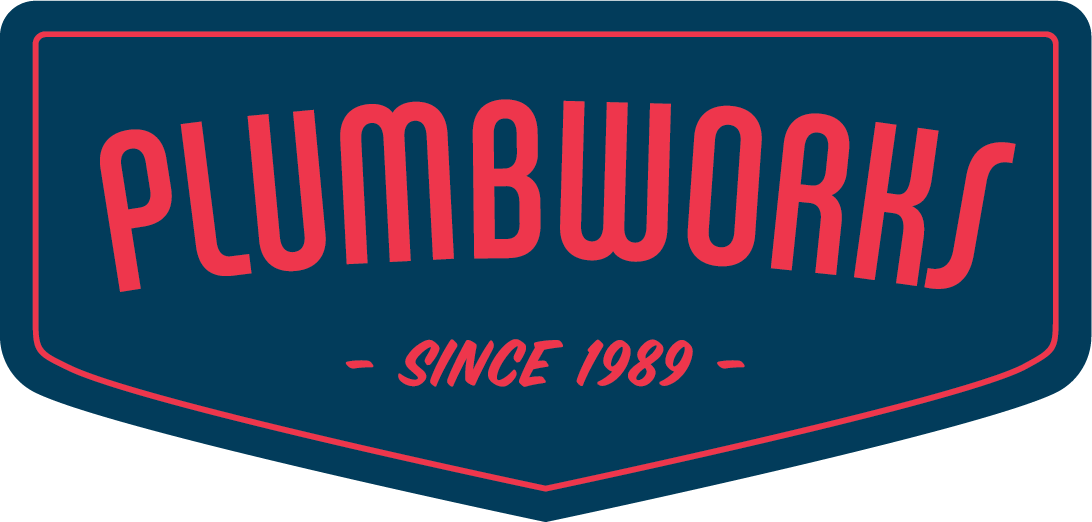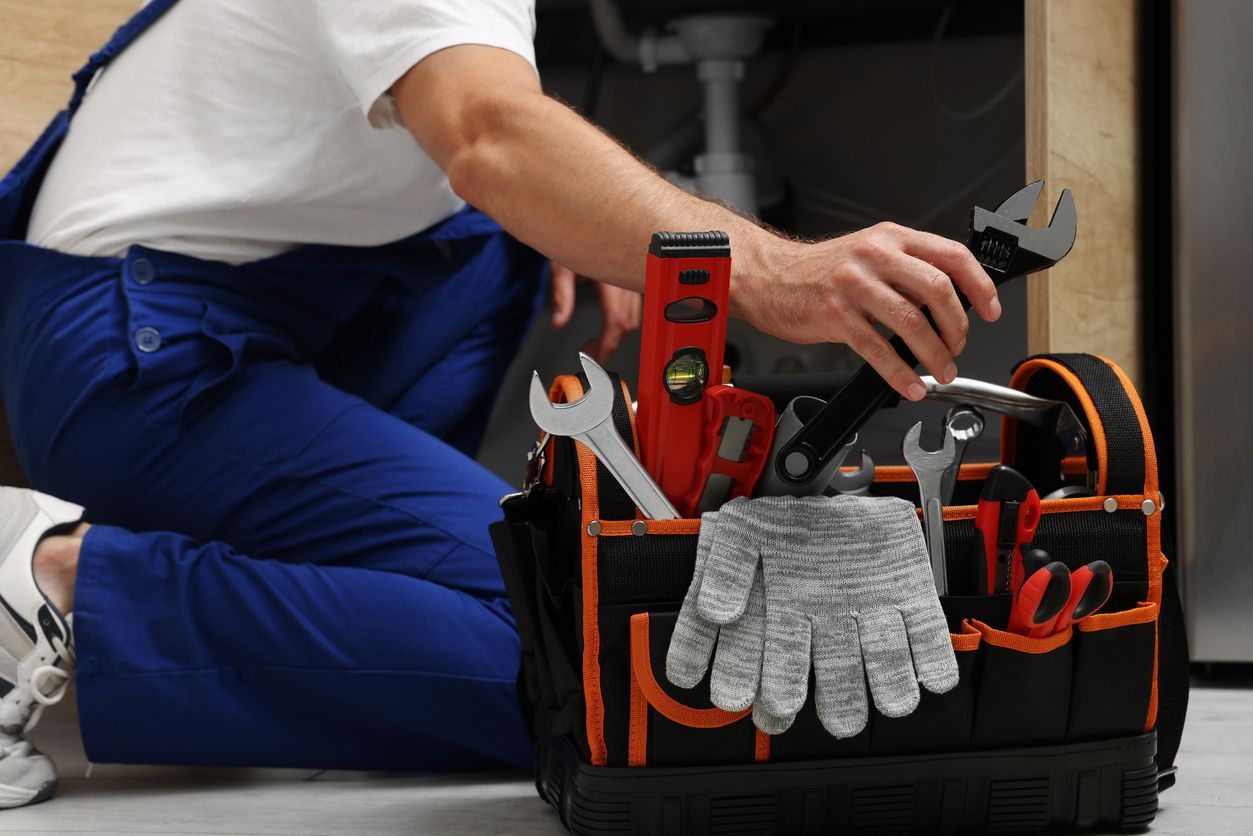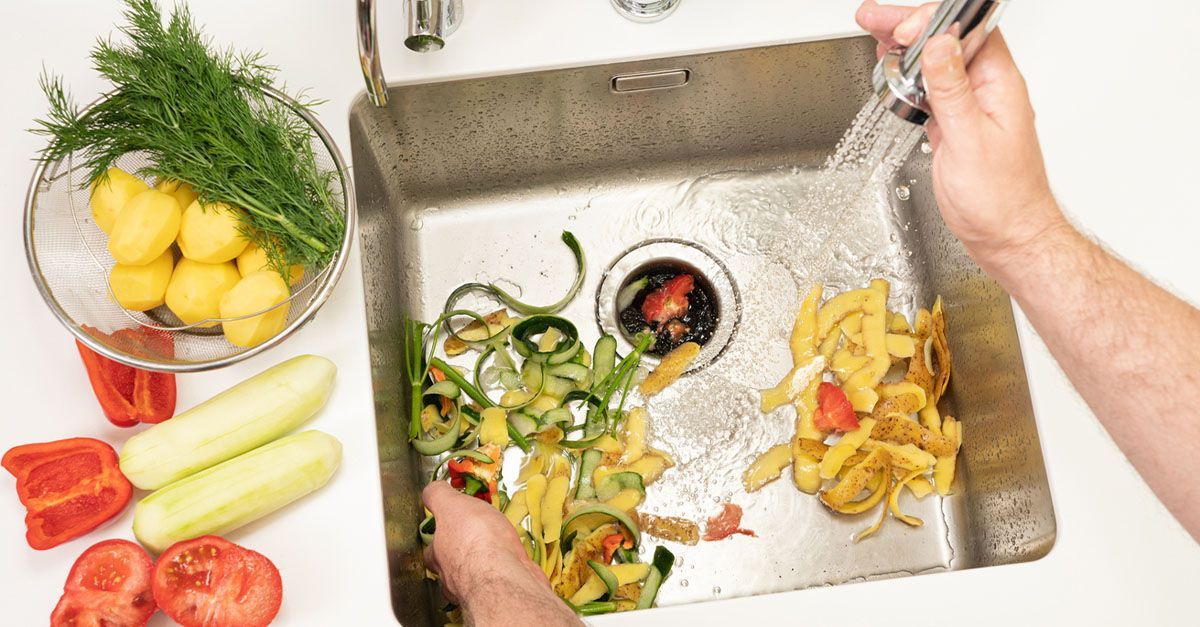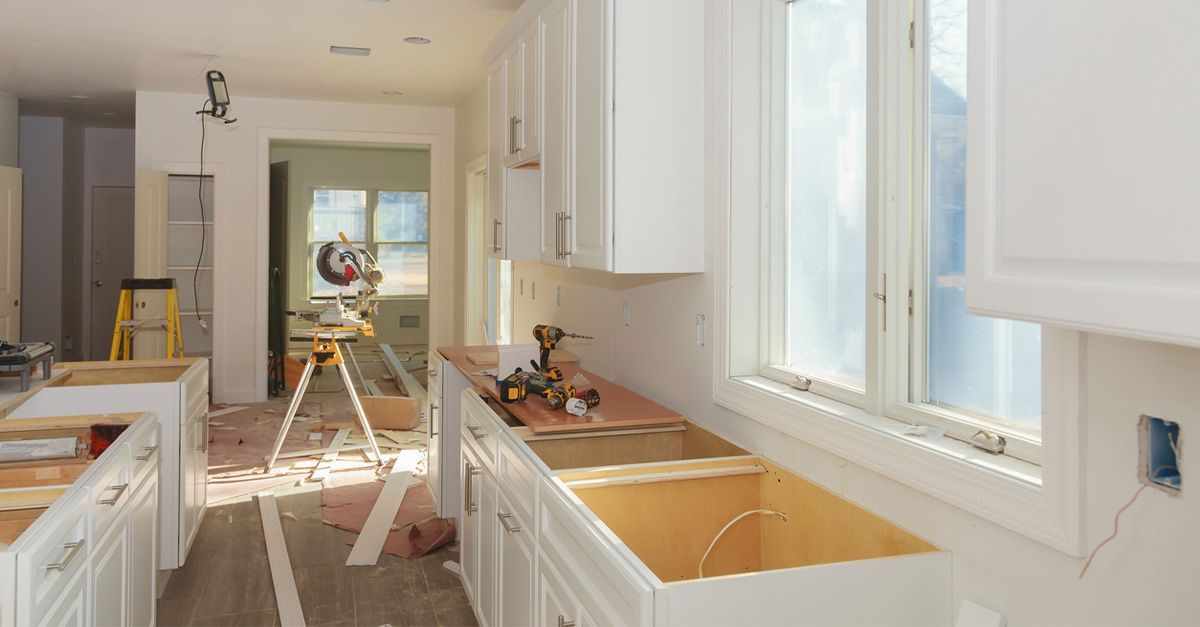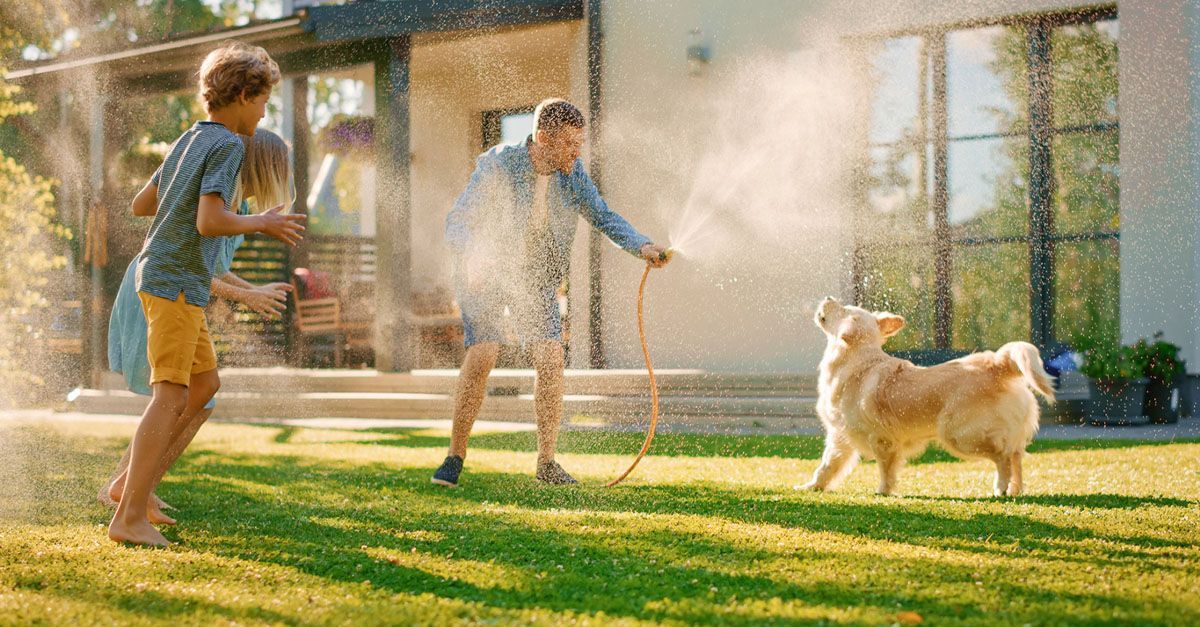How to "Winterize" Your Home and Commercial Building Plumbing Before Holiday Break
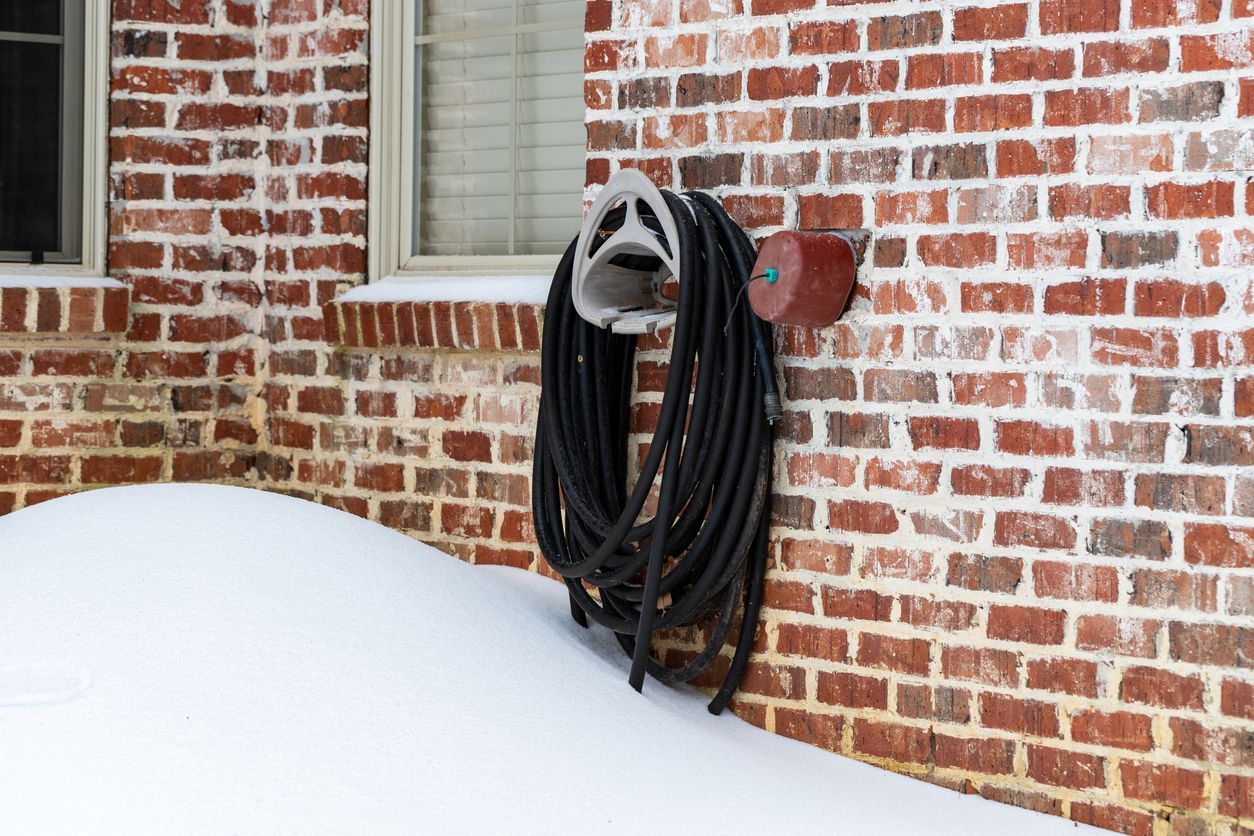
As the holiday season approaches, it’s easy to get caught up in festive plans and forget about practical matters—like protecting your plumbing from cold-weather mishaps. Failing to properly winterize your plumbing can lead to frozen pipes, leaks, and expensive repairs, which no one wants to deal with during or after the holidays. Whether you’re preparing your home or a commercial building, taking a few key steps now can save you a lot of trouble later. Here’s how to ensure your plumbing stays safe and sound during the winter break.
1. Inspect and Protect Pipes
Before temperatures drop, take a walk around your property to identify exposed pipes, especially those in unheated areas like basements, crawl spaces, or exterior walls.
- For Homes: Wrap these pipes with foam insulation or heat tape to keep them warm.
- For Commercial Buildings: Consider adding pipe insulation to larger systems, particularly in areas prone to freezing, like outdoor or rooftop piping.
2. Drain and Shut Off Outdoor Fixtures
Outdoor faucets and irrigation systems are particularly vulnerable to freezing temperatures.
- Homes: Disconnect garden hoses and use an outdoor faucet cover. If your faucets have a shut-off valve inside the house, turn it off and drain the water from the pipe.
- Commercial Properties: Drain all outdoor fixtures and any water features, like fountains, and winterize irrigation systems by blowing out the lines with compressed air.
3. Maintain Indoor Temperatures
Maintaining a consistent indoor temperature is one of the easiest ways to prevent frozen pipes.
- For Homes: Set your thermostat to at least 60°F, even if you’re traveling. Open cabinet doors under sinks to allow warm air to circulate around the pipes.
- For Commercial Buildings: Ensure your HVAC system is set to maintain a minimum temperature, especially in areas with water lines. Consider installing temperature monitoring systems to alert you to any sudden drops.
4. Inspect Water Heaters
A malfunctioning water heater is bad news in the winter. Inspect your water heater for signs of rust or leaks, and flush it to remove sediment buildup.
- For Homes and Businesses: Consider scheduling a professional maintenance check to ensure the heater is operating efficiently.
5. Check for Leaks
Leaks, no matter how small, can worsen in freezing weather and lead to major issues. That’s why you need leak detection.
- For Homes: Inspect faucets, toilets, and under-sink plumbing for any drips or puddles.
- For Commercial Properties: Conduct a more comprehensive inspection of the building’s plumbing system or hire a professional to do so.
6. Shut Off the Water
If you plan to leave your home or business unattended during the holidays, shutting off the water supply can provide peace of mind.
- Homes: After shutting off the main valve, open all faucets and flush toilets to drain the system.
- Commercial Buildings: Work with your maintenance team or a plumber to safely shut down and drain the system while keeping fire protection systems operational.
7. Know the Emergency Shut-Off Valve
Despite your best efforts, accidents happen. Make sure everyone in your household or building knows where the main water shut-off valve is located. If a pipe bursts, turning it off quickly can minimize damage.
Schedule a Service With Plumb Works
Winterizing your plumbing may take a little effort now, but it’s worth it to avoid disruptions and costly repairs later. With these steps, you can enjoy the holidays with peace of mind, knowing your home or commercial building is prepared for whatever winter throws its way.
Need help winterizing your plumbing? Contact Plumb Works today or
fill out a form to schedule a professional inspection or service. Our team is here to keep your
residential plumbing and
commercial plumbing safe and sound all winter long!

